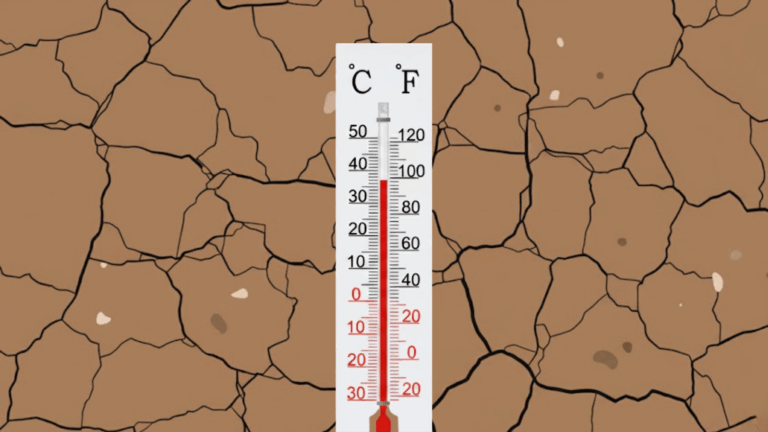A New Unifying Issue: Just About Everyone Hates Data Centers
Recent election results and evidence from states show misgivings about the growth of AI and the ramifications for energy costs and the environment.
Current Access Level “I” – ID Only: CUID holders, alumni, and approved guests only
For media inquiries, please contact Artealia Gilliard at [email protected] or (212) 853-1337, or Genna Morton at [email protected] or (212) 853-0298.
NEW YORK — The Center on Global Energy Policy (CGEP) at Columbia University’s School of International and Public Affairs (SIPA) announced today that Colombia’s former Energy Minister and Finance Minister, Dr. Mauricio Cárdenas, has joined CGEP as a Visiting Senior Research Scholar to lead a new research initiative focused on energy and climate policy in Latin America. He will also be a Visiting Professor at SIPA. Dr. Cárdenas previously served as a Distinguished Visiting Fellow at CGEP.
“We’re thrilled Mauricio will be expanding his role at CGEP to focus on energy and climate issues in Latin America,” said Jason Bordoff, Professor of Professional Practice in International and Public Affairs and Founding Director of the Center on Global Energy Policy. “More scholarship is necessary to understand the complex and critical energy issues in the region and their place in the global energy landscape. From Latin America’s leading production and use of renewables, to energy security and geopolitics, this new initiative will strengthen Columbia’s academic leadership on energy issues in the region.”
Dr. Cárdenas is a leading expert on Latin America, and an economist with both academic and policy making experience. He served as Colombia’s Finance Minister between 2012 and 2018, immediately after serving as Minister of Mines and Energy. Earlier in his career he led Colombia’s National Planning Department, its Ministry of Transport, and its Ministry of Economic Development.
“I am excited to launch this new program at one of the world’s leading research universities, and to advance critical scholarship on energy and climate issues affecting Latin America,” said Dr. Cárdenas. “Ultimately, our goal is to create research that is actionable, timely, and that will help decision-makers make more informed choices about these pressing issues, as well as our future energy system.”
Dr. Cárdenas has twice been the Executive Director of Fedesarrollo, a think tank in Colombia that conducts research on economic and social policy. He was also a Senior Fellow at the Brookings Institution, where he led the Latin American Initiative. He holds a Ph.D. in Economics from the University of California, Berkeley, and a master’s degree from the University of the Andes.
###
About the Center on Global Energy Policy
CGEP’s mission is to enable public and private sector leaders to make more informed choices about the world’s most pressing energy issues by providing an independent and interdisciplinary platform for insights and data-driven analysis, convening and information-sharing, education and training, and actionable recommendations on the current and future global energy system.
Recent election results and evidence from states show misgivings about the growth of AI and the ramifications for energy costs and the environment.
El Foro Regulatorio Internacional 2025 reunirá a líderes y expertos para analizar cómo los cambios tecnológicos y la IA redefinen el marco regulatorio del sector energético.
The country is launching subsidies for smelters that use wind and solar power to produce the metal. It’s part of early global efforts to decarbonize heavy…
The energy transition is not inevitable—but neither is business as usual.

As diplomats meet in Brazil for COP30, global resolve to tackle the climate challenge appears badly frayed.

Most African countries today are faced with a dual challenge: how to industrialize and expand electricity access at the same time.
